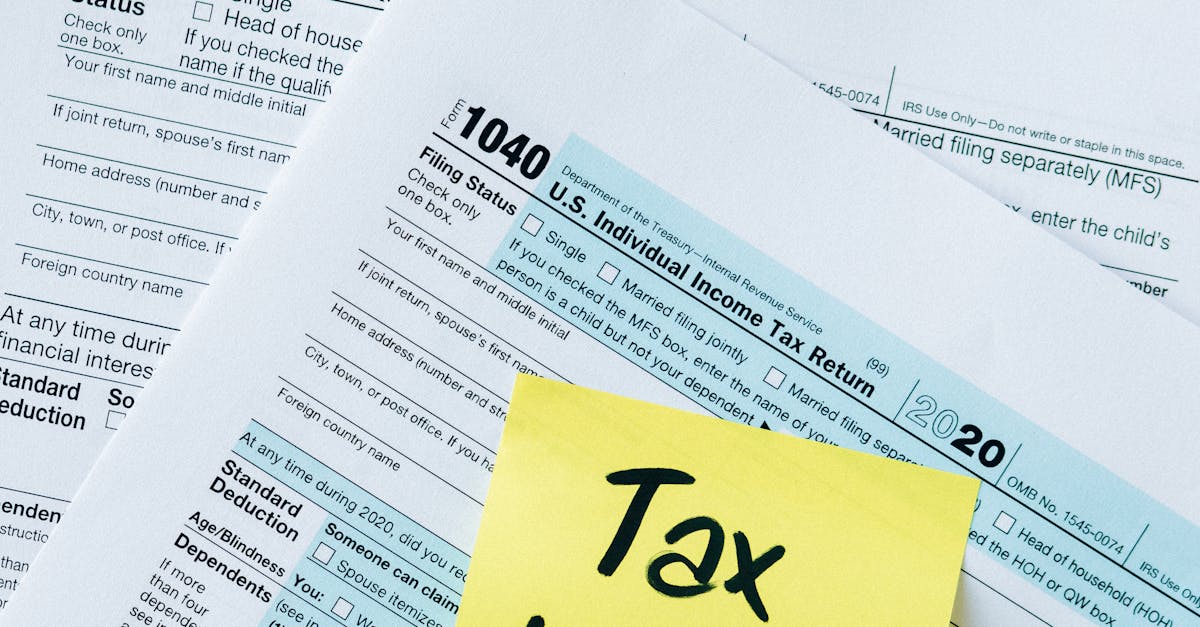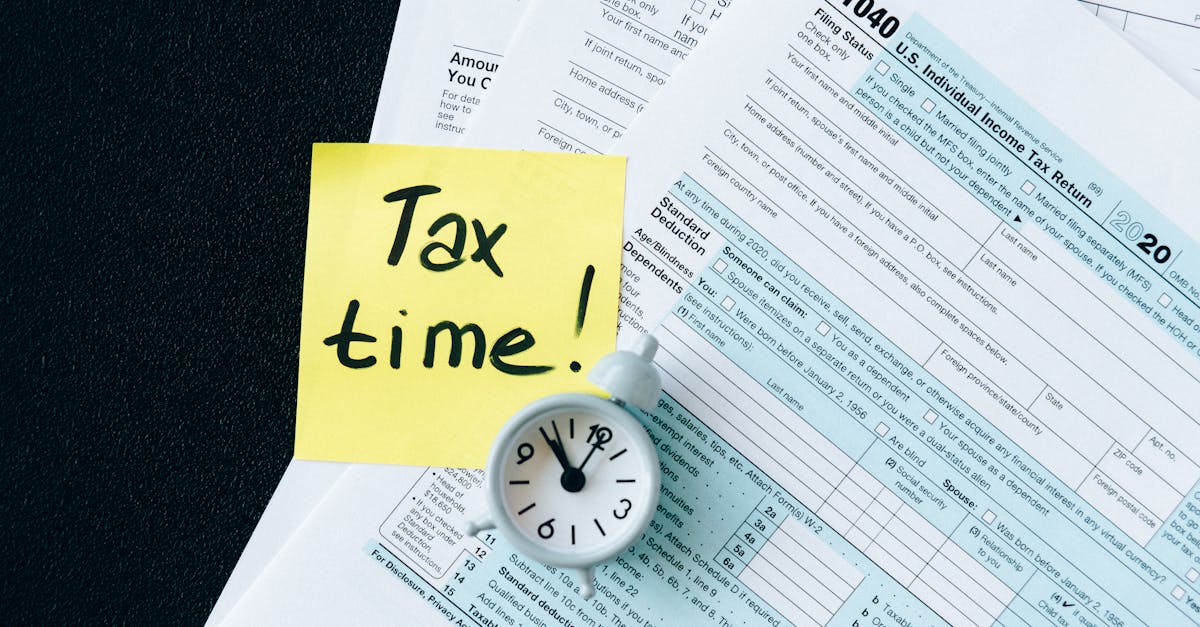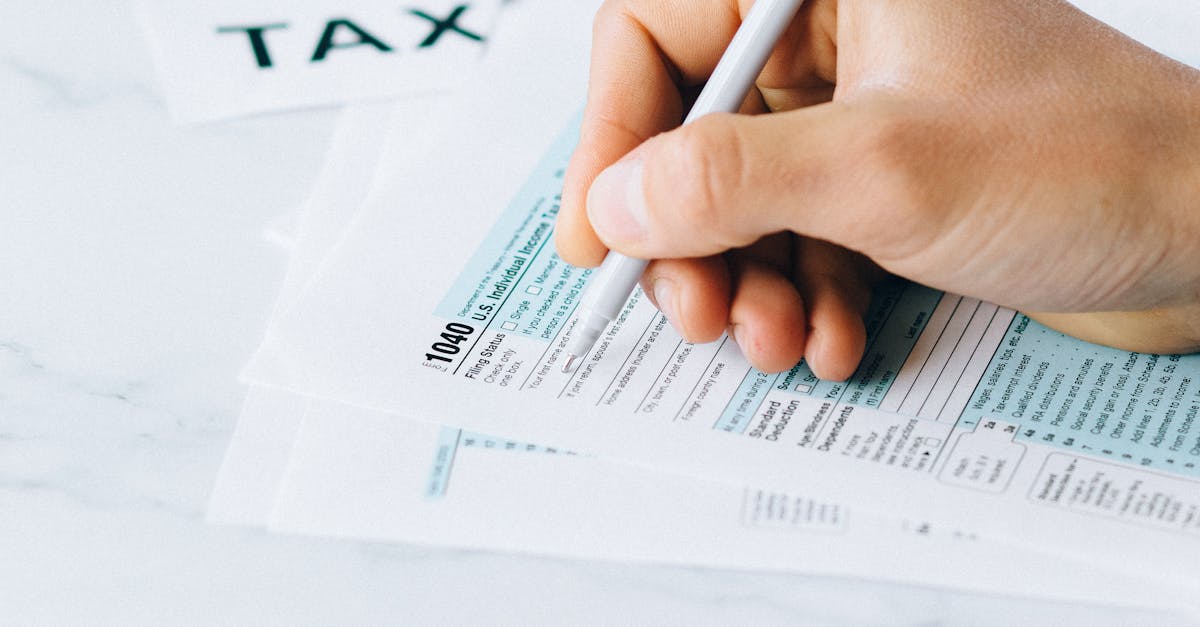Filing your taxes is an annual obligation that many dread, but what happens if you miss the deadline? The consequences can be more severe than you might think. In this article, we will explore ten significant repercussions of filing your taxes late, ensuring you understand the potential pitfalls and how to avoid them.
| Consequence | Description |
|---|---|
| Late Fees | Additional charges for missing the deadline. |
| Interest Accrual | Interest on unpaid taxes accumulates over time. |
| Penalties | Potential penalties for late filing or payment. |
| Refund Delays | Delays in receiving any refunds owed to you. |
| Increased Audit Risk | Higher chances of being audited by the IRS. |
| Tax Liens | Liens can be placed on your property for unpaid taxes. |
| Credit Score Impact | Potential negative effects on your credit score. |
| Loss of Refund | Missing out on a refund due to non-filing. |
| Stress and Anxiety | Emotional toll of dealing with tax issues. |
| Legal Consequences | Possible legal action for prolonged non-compliance. |
Late Fees
When you file your taxes late, the IRS imposes late fees that can quickly add up. The initial penalty is usually a percentage of the unpaid taxes for each month you delay filing, making it crucial to file as soon as possible to minimize these additional costs. The longer you wait, the higher your fees will be, creating a financial burden that could have been avoided with timely filing.

Interest Accrual
If you do not pay your taxes by the deadline, the IRS begins to charge interest on the unpaid amount. This interest accumulates daily and can significantly increase the total amount you owe. Even if you file your return, failing to pay your taxes can lead to a growing debt that compounds over time, making it essential to settle your tax obligations promptly.

Penalties
The IRS enforces strict penalties for late filing and late payment. For instance, if you file your tax return more than 60 days late, the minimum penalty is the lesser of $435 or 100% of the unpaid tax. These penalties can add a substantial amount to your tax bill, further complicating your financial situation.

Refund Delays
Filing your taxes late can lead to delays in receiving any refunds you may be owed. If you are expecting a refund, the IRS will not process it until you file your return. This can impact your financial planning, as you may have been counting on that money for bills or other expenses.

Increased Audit Risk
Filing your taxes late can raise red flags with the IRS, increasing your risk of being audited. The IRS tends to scrutinize late filings more closely, as they may suspect discrepancies or fraudulent behavior. An audit can be a stressful and time-consuming process, further complicating your tax situation.

Tax Liens
In severe cases of non-compliance, the IRS may place a tax lien against your property. This legal claim secures the government’s interest in your property due to unpaid taxes. A tax lien can affect your ability to sell or refinance your home and can lead to further financial difficulties.

Credit Score Impact
Filing late and accruing unpaid taxes can negatively impact your credit score. Tax liens can be reported to credit bureaus, leading to a decrease in your credit rating. A lower credit score can hinder your ability to secure loans, credit cards, or favorable interest rates in the future.

Loss of Refund
If you fail to file your taxes altogether, you risk losing any refund that you might have been entitled to. The IRS has a statute of limitations on tax refunds, typically three years from the due date of the return. If you do not file within that timeframe, you forfeit your right to the refund, which can be a significant financial loss.

Stress and Anxiety
The emotional toll of dealing with tax issues can be profound. The fear of penalties, audits, and financial burdens can lead to increased stress and anxiety. Prolonged tax issues can take a significant toll on your mental health, impacting your overall well-being.

Legal Consequences
In extreme cases, prolonged failure to file or pay taxes can lead to legal consequences, including criminal charges. The IRS can pursue serious actions against individuals who willfully evade taxes, which can result in hefty fines or even imprisonment. It is vital to take your tax obligations seriously to avoid such dire outcomes.

FAQ
What should I do if I missed the tax filing deadline?
If you missed the tax filing deadline, it’s crucial to file your return as soon as possible, even if you cannot pay the full amount owed. Filing late can minimize penalties compared to not filing at all.
Will I receive a penalty if I file for an extension?
Filing for an extension allows you more time to file your taxes, but it does not extend the time to pay any taxes owed. If you owe taxes and do not pay by the original deadline, you will still incur interest and penalties.
How can I avoid filing my taxes late in the future?
To avoid late filings, consider setting reminders for important tax dates, maintaining organized records throughout the year, and possibly working with a tax professional to ensure timely submissions.
References: [IRS – Filing and Payment Deadlines](https://www.irs.gov) [IRS – Penalties for Late Filing and Payment](https://www.irs.gov) [IRS – Understanding Tax Liens](https://www.irs.gov)




